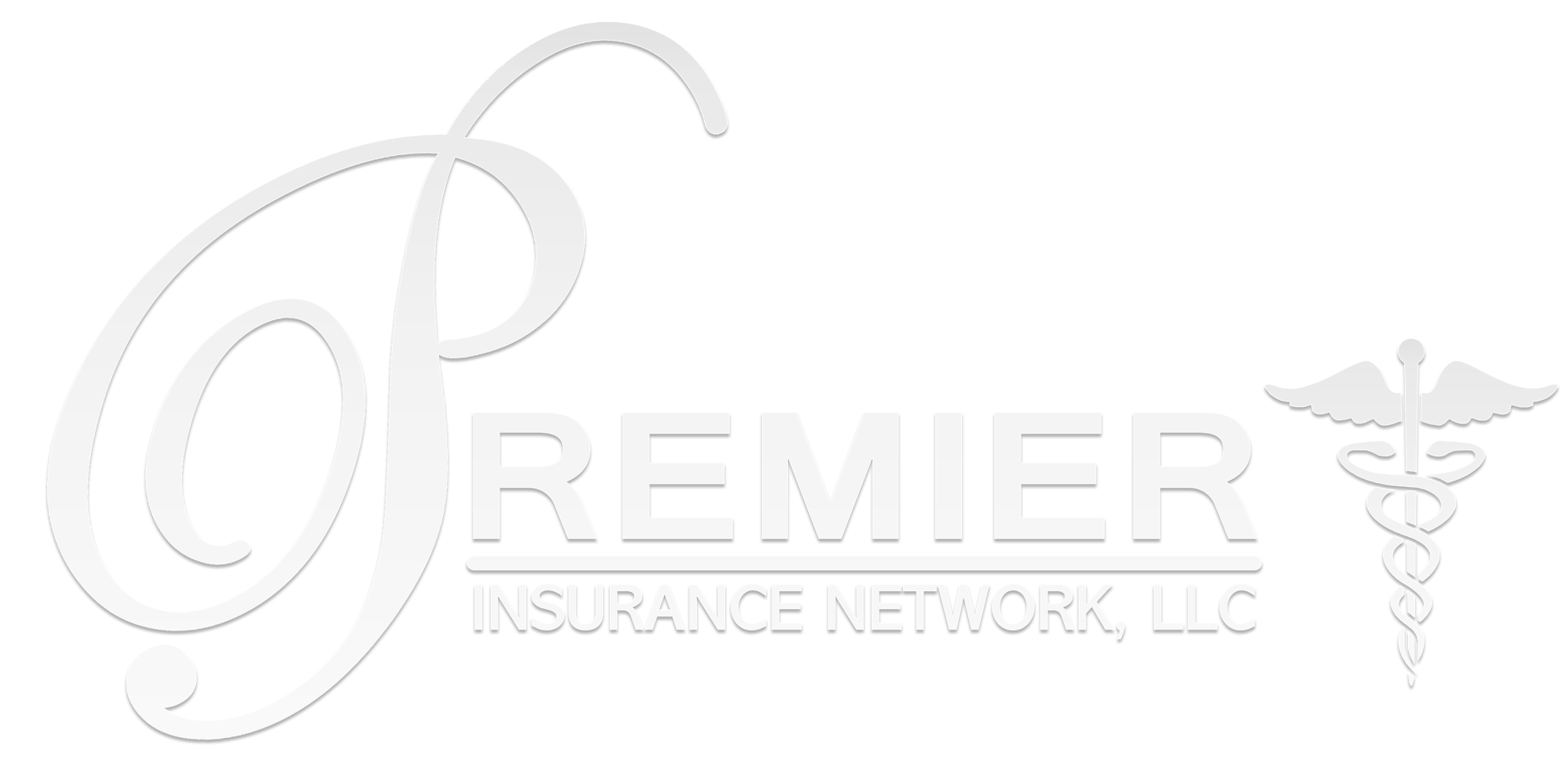Medicare Part A
Medicare Part A is the first part of Original Medicare, which is a federal government program that offers health insurance to our seniors.
Part A Eligibility
You are eligible for Medicare Part A if you’re:
✓ age 65 or older.
✓ disabled, and are receiving Social Security disability benefits for at least 24 months.
✓ have end-stage renal disease.
✓ have Lou Gehrig’s disease (ALS).
Part A Coverage
Your Part A benefits will pay for a large amount of your health expenses, but not all of it.
The following identifies what hospital benefits are covered, as well as what Part A doesn’t cover, and will be out-of-pocket costs that you are responsible for, unless you purchase a Medigap policy to offset these expenses.
Part A Costs
Typically, there’s no premium associated with Part A when turning 65 if any of the below criteria applies to you.
If you are not eligible for premium-free Part A, you can still purchase Part A coverage, but you will be required to pay a premium. The good news is that this premium can be reduced if you have work credits from having paid taxes while you were employed.
Medicare Part A Enrollment
When can you sign up for Part A?
You can sign up for Part A when you become eligible, which is the age of 65. You have a 7-month Initial Enrollment Period (IEP) to sign up.
Already receiving Social Security or Railroad Benefits?
Medicare eligible seniors will be automatically enrolled in Parts A starting their 65th birth month if they are already receiving social security or the Railroad Retirement Board (BRB) benefits. These recipients will receive their Medicare card approximately three months before their 65th birth month.
Want To Learn More About Medicare?
We encourage you to watch our educational videos, read our monthly blog posts, or join us for any of our virtual, interactive webinars where you can quickly learn the fundamentals of Medicare from the comfort of your home.

